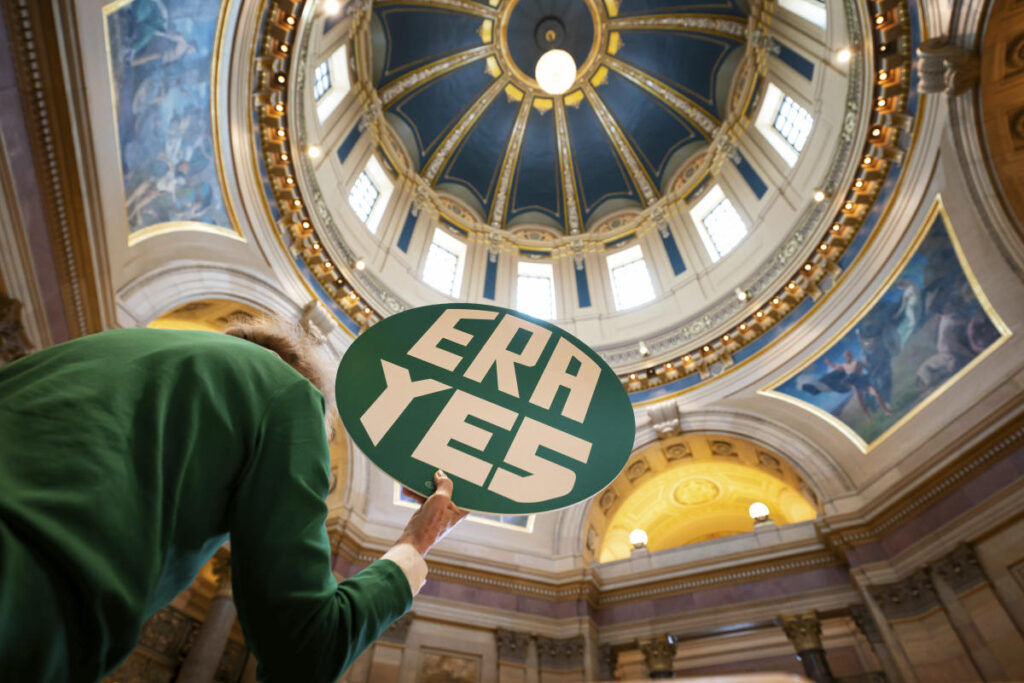In a recent statement from the United States’ archiving authorities, it was clarified that the Equal Rights Amendment (ERA), which aims to guarantee equal legal rights for all genders, cannot be certified without further legislative or judicial action. The issue has become particularly urgent for many Democrats as they encourage President Joe Biden to take unilateral action on the amendment’s ratification before his term is over next month. The origins of the ERA date back to 1972 when Congress sent it for ratification to individual states, initially providing a seven-year window which was later extended to 1982. However, the amendment failed to garner the required support from three-quarters of the states within this timeframe.
Fast forward to recent years, Virginia’s legislative body became the 38th state to ratify the ERA in 2020, a significant milestone achieved nearly four decades post-deadline. This development, however, has not led to an official recognition or certification of the ERA. The archivist of the U.S., Colleen Shogan, alongside deputy William J. Bosanko, emphasized in their joint statement that the legal framework governing the ratification process necessitates further Congressional or court action to lift or amend the existing deadline before any certification can occur.
Democratic leaders in Congress have placed mounting pressure on President Biden, urging him to act decisively in favor of the ERA. Over 120 House Democrats, led by representatives such as Cori Bush and Ayanna Pressley, formally appealed to the President, suggesting that finalizing the ERA would serve as a significant part of Biden’s legacy concerning equal rights. They argued that taking action would be a defining moment in the Biden-Harris administration, further solidifying a commitment to social justice and equality.
Despite the intense advocacy from Democrats, the archivist and deputy archivist reiterated the reality of their legally binding role, asserting that neither they nor President Biden hold the power to act without the necessary congressional support or judicial resolution to modify the ratification deadline. Citing past legal opinions from the U.S. Department of Justice’s Office of Legal Counsel, they noted that established deadlines for amendments are both valid and enforceable, reinforcing that any changes would require new legislative or judicial actions.
In light of the ongoing struggles for ERA certification, Congress has made attempts to reclaim agency over the amendment. However, a recent push to lift the certification deadline failed to pass in the Senate, falling short of the 60 votes required for major legislation. Recognizing this blockade, White House spokesperson Kelly Scully emphasized President Biden’s commitment to enshrine the ERA in the Constitution and indicated ongoing negotiations with Congressional leaders and stakeholders as a potential pathway forward.
The ERA’s journey reflects the persistent efforts and challenges within the broader context of gender equality in America. While the collective sentiment among many lawmakers and activists is one of urgency and determination, the constitutional mechanisms required for certification are proving to be complex and challenging to navigate. As the deadline looms and with Biden’s presidency concluding soon, the focus remains on mobilizing a coalition that can effectuate the necessary legislative action or judicial endorsement to see the ERA’s long-awaited enactment into constitutional law.

